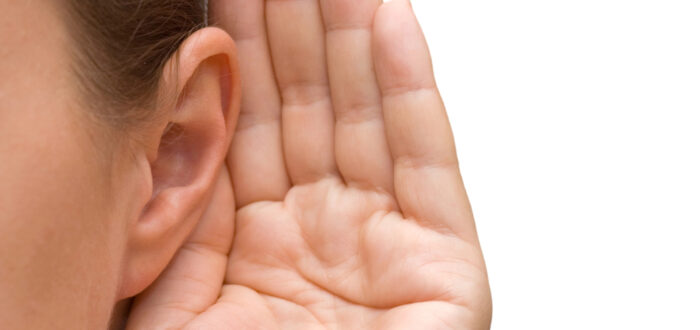Hormonal changes are a natural part of life, affecting various aspects of our health. While we often associate hormonal fluctuations with puberty, pregnancy, and menopause, their impact extends beyond reproductive health. Recent research has shed light on the intriguing connection between hormonal changes and hearing loss, revealing potential implications for both men and women at different stages of life.
Understanding Hormonal Changes
Hormones are chemical messengers produced by glands in the endocrine system, regulating numerous bodily functions, including metabolism, growth, mood, and reproductive processes. Fluctuations in hormone levels can occur due to aging, stress, medical conditions, or lifestyle factors, influencing the body’s physiological responses.
The Role of Hormones in Hearing Health
Emerging evidence suggests that hormones play a role in auditory function and cochlear health. Estrogen, progesterone, testosterone, and thyroid hormones, among others, have been implicated in various aspects of hearing, including cochlear blood flow, inner ear hair cell function, and auditory nerve function. Changes in hormone levels may contribute to alterations in auditory processing and sensitivity, potentially influencing the risk of hearing loss.
Impact of Hormonal Changes on Hearing
Research and other studies conducted on this topic indicate that fluctuations in hormone levels, particularly during significant life events such as pregnancy, menopause, and andropause (male menopause), may coincide with changes in hearing sensitivity and auditory perception. Women experiencing hormonal shifts during pregnancy and menopause may be more susceptible to hearing fluctuations or accelerated age-related hearing loss. Similarly, men undergoing hormonal changes associated with aging may also experience changes in auditory function.
Hormonal Therapy and Hearing Health
Hormonal therapy, commonly used to manage symptoms of menopause and andropause, has been a subject of interest regarding its potential impact on hearing health. While some studies suggest a protective effect of hormone replacement therapy (HRT) on hearing, others have raised concerns about its long-term implications. Further research is needed to clarify the role of hormonal therapy in hearing preservation and whether individualized treatment approaches may benefit certain populations.
Get Your Hearing Checked at Hearing, Balance & Speech Center
As our understanding of the intricate relationship between hormones and hearing continues to evolve, it underscores the importance of comprehensive hearing care that considers the multifaceted factors influencing auditory health.
At Hearing, Balance & Speech Center, we remain committed to staying at the forefront of research and providing personalized care to address the diverse needs of our patients. By recognizing the potential impact of hormonal changes on hearing and incorporating this knowledge into our practice, we empower individuals to proactively manage their hearing health and overall well-being.
Have a Question? Need Help? Contact Us Today!
Ready to embark on your journey to enhanced hearing wellness? Contact our experienced audiologists at Hearing, Balance & Speech Center to learn more on how we can help you with your hearing health. If you’d like to book an appointment, please call us today on 203-774-5642 or request an appointment online.

